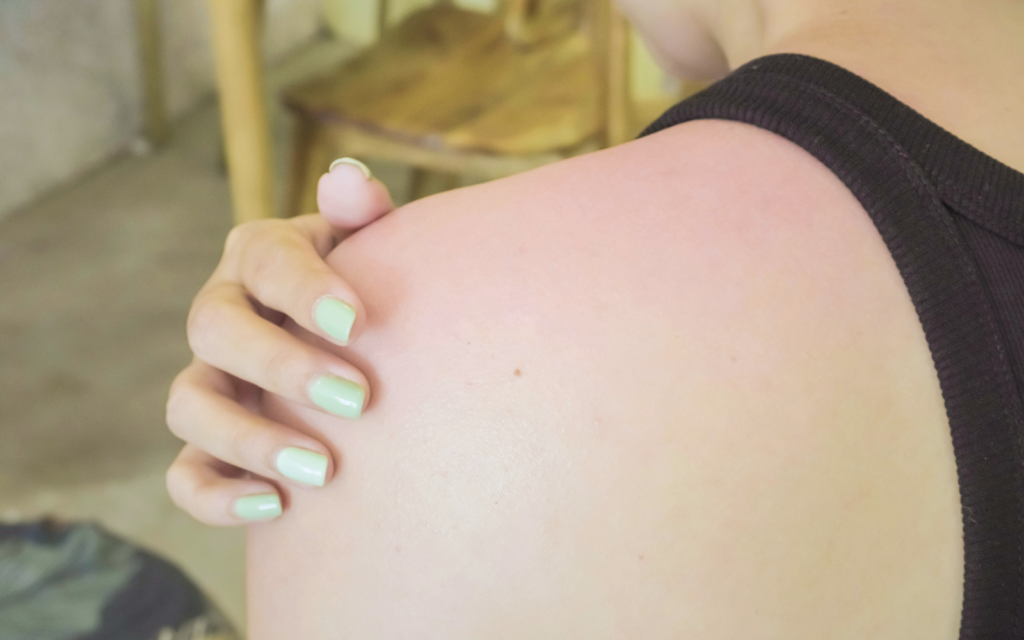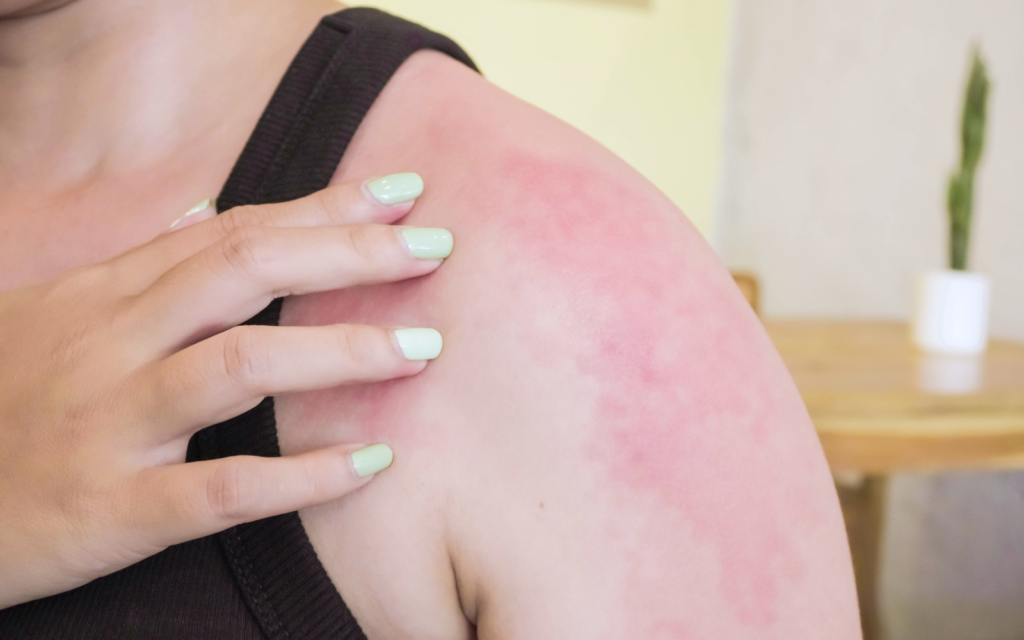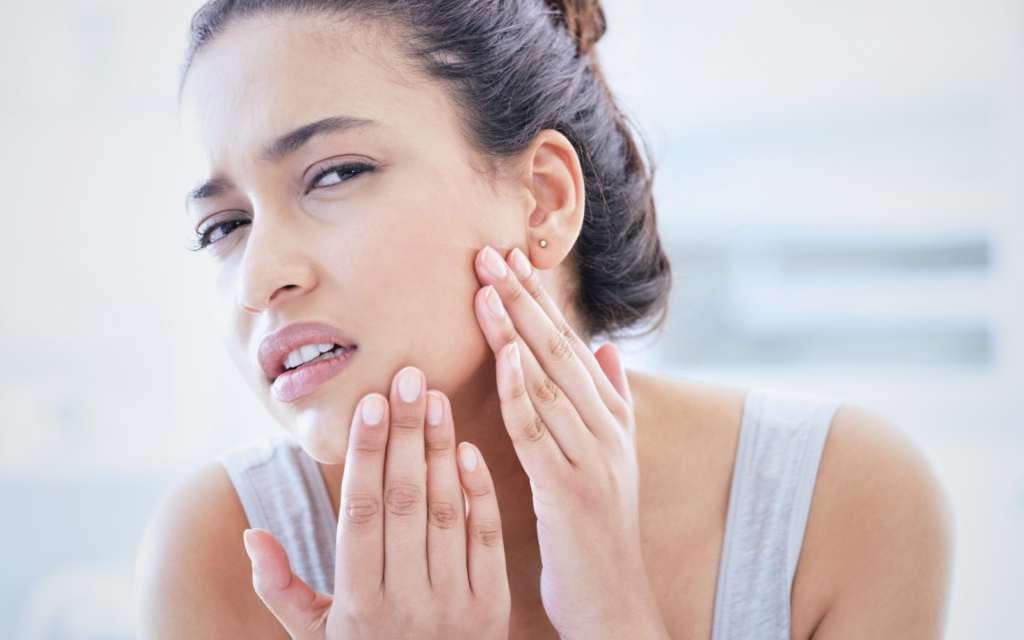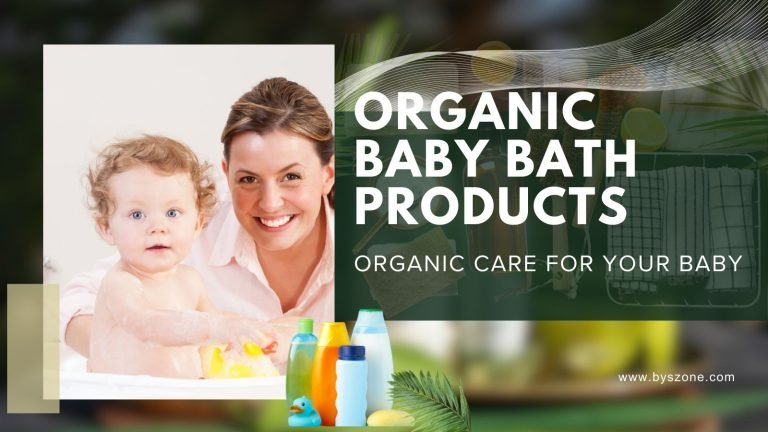Sunburn During Pregnancy 2025: Protect Yourself with Essential Insights You Need to Know

Pregnancy is a time of incredible changes, including how your skin reacts to the sun. Hormonal shifts can make your skin more sensitive to the sun’s harmful UV rays, increasing the risk of sunburn. Staying informed about sun protection and treatment options is essential to keeping both you and your baby safe.
In this guide, we’ll explore how to protect your skin from UV rays, prevent sun damage, and what to do if you get a sunburn. Whether you’re enjoying the outdoors or spending time outside during peak hours, here’s everything pregnant women need to know to navigate sun exposure safely.
Key Takeaways – Sunburn During Pregnancy
- Pregnancy can make your skin more sensitive to UV rays, increasing the risk of sunburn.
- Broad-spectrum sunscreen with zinc oxide or titanium dioxide offers safe and effective protection.
- Avoid sun exposure during peak hours and stay in the shade whenever possible.
- If you get a sunburn, treat it promptly with pregnancy-safe remedies like aloe vera and hydration.
- Protecting your skin helps prevent complications for both you and your developing fetus.
Why Sunburn During Pregnancy Requires Extra Care

1. Hormonal Changes and Increased Sensitivity
Pregnancy-related hormonal changes can make your skin more sensitive to sunlight. Elevated levels of estrogen and progesterone can lead to conditions like melasma (dark patches on the skin), which worsen with UV ray exposure.
2. Increased Risk of Overheating and Dehydration
When you get a sunburn, your body struggles to regulate its temperature. This can lead to overheating, which is harmful to both you and your fetus. Additionally, dehydration from sun exposure can impact your overall health and well-being.
3. Long-Term Skin Damage and Skin Cancer Risks
Frequent sunburns increase the chance of developing skin cancer later in life. Protecting your skin during pregnancy isn’t just important for now—it’s crucial for your long-term health.
How to Stay Sun-Safe During Pregnancy

1. Use Sunscreen Wisely
- Choose a broad-spectrum sunscreen with an SPF of 30 or higher.
- Look for formulas with zinc oxide or titanium dioxide, as these are pregnancy-safe and less likely to irritate sensitive skin.
- Reapply sunscreen every two hours, especially if you sweat or swim.
2. Wear Protective Clothing
- Opt for lightweight clothing that covers your arms and legs.
- Look for items with Ultraviolet Protection Factor (UPF) for extra safety.
- Don’t forget a wide-brimmed hat and sunglasses with UV protection to shield your face and eyes.
3. Stay in the Shade
- Avoid exposing yourself to direct sunlight during peak hours (10 a.m. to 4 p.m.).
- Use umbrellas, canopies, or natural shade from trees to stay cool.
4. Hydrate Often
- Drink plenty of water to combat dehydration.
- Bring a reusable water bottle to remind yourself to sip frequently while outdoors.
5. Limit Harmful UV Exposure
- Avoid tanning beds—they emit harmful UV rays linked to skin cancer.
- Always check medication labels, as some medications increase sensitivity to sunlight.
What to Do If You Get a Sunburn During Pregnancy

Despite your best efforts, you might still get a sunburn. Here’s how to handle it safely:
1. Cool Down
- Take a cool bath or apply a soaked compress to reduce heat.
- Avoid rubbing the skin, as it can worsen irritation.
2. Soothe the Burn
- Use aloe vera gel to calm redness and discomfort.
- Avoid products with chemical additives like oxybenzone, which may not be safe during pregnancy.
3. Stay Hydrated
- Drink extra water to replace fluids lost due to sunburn.
- Hydration is key to speeding up recovery and protecting your baby.
4. Avoid Further Exposure
- Cover the sunburned skin with clothing or stay indoors until it heals.
- Use sunscreen consistently to prevent worsening the damage.
5. Consult Your Provider if Necessary
- If blisters form or you experience severe pain, consult a board-certified doctor for advice.
- In rare cases, severe sunburn may require additional treatment.
Why Sunscreen Is a Must for Pregnant Women

Broad-Spectrum vs. Regular Sunscreen
Broad-spectrum sunscreen protects against both UVA and UVB rays, reducing the risk of skin cancer and long-term damage.
Physical Blockers: Zinc Oxide and Titanium Dioxide
These ingredients sit on the skin’s surface and reflect UV rays, making them ideal for pregnancy-safe use.
Sunscreen Tips for Expectant Moms
- Reapply sunscreen every two hours, especially during outdoor activities.
- Always patch-test new sunscreens to ensure they don’t irritate your sensitive skin.
- Pair sunscreen with protective clothing and shade for full coverage.
Additional Skin Changes During Pregnancy You Need to Know

- Melasma: Avoid excessive sun exposure to prevent this “pregnancy mask.”
- Linea Nigra: Hormonal fluctuations may cause a dark line to appear on your abdomen, which can darken with sun exposure.
- Acne: Use pregnancy-safe products to manage hormonal breakouts.
Summary
Sunburn during pregnancy isn’t just uncomfortable—it poses potential risks for you and your baby. By using broad-spectrum sunscreen, wearing protective clothing, and staying hydrated, you can enjoy the outdoors safely. Remember to avoid sun exposure during peak hours, and treat sunburn immediately if it happens. Protecting your skin not only prevents discomfort but also ensures your long-term health.
Frequently Asked Questions
1. Why Is Skin More Sensitive to the Sun During Pregnancy?
Hormonal changes increase melanin production, making your skin more prone to UV damage and conditions like melasma.
2. What Sunscreen Is Safe for Pregnant Women?
Look for broad-spectrum sunscreen with zinc oxide or titanium dioxide. These ingredients are gentle and effective for sensitive skin.
3. Can Sunburn Harm the Developing Fetus?
While mild sunburn isn’t likely to harm the fetus, severe cases leading to dehydration or overheating could pose risks.
4. How Can I Prevent Sunburn If I Spend a Lot of Time Outside During Peak Hours?
Wear protective clothing, use sunscreen, and stay in the shade as much as possible. Reapply sunscreen every two hours.
5. What’s the Best Treatment for Sunburn During Pregnancy?
Cool the burn with compresses, apply aloe vera, and drink plenty of water. Consult your healthcare provider for severe burns or blisters.





